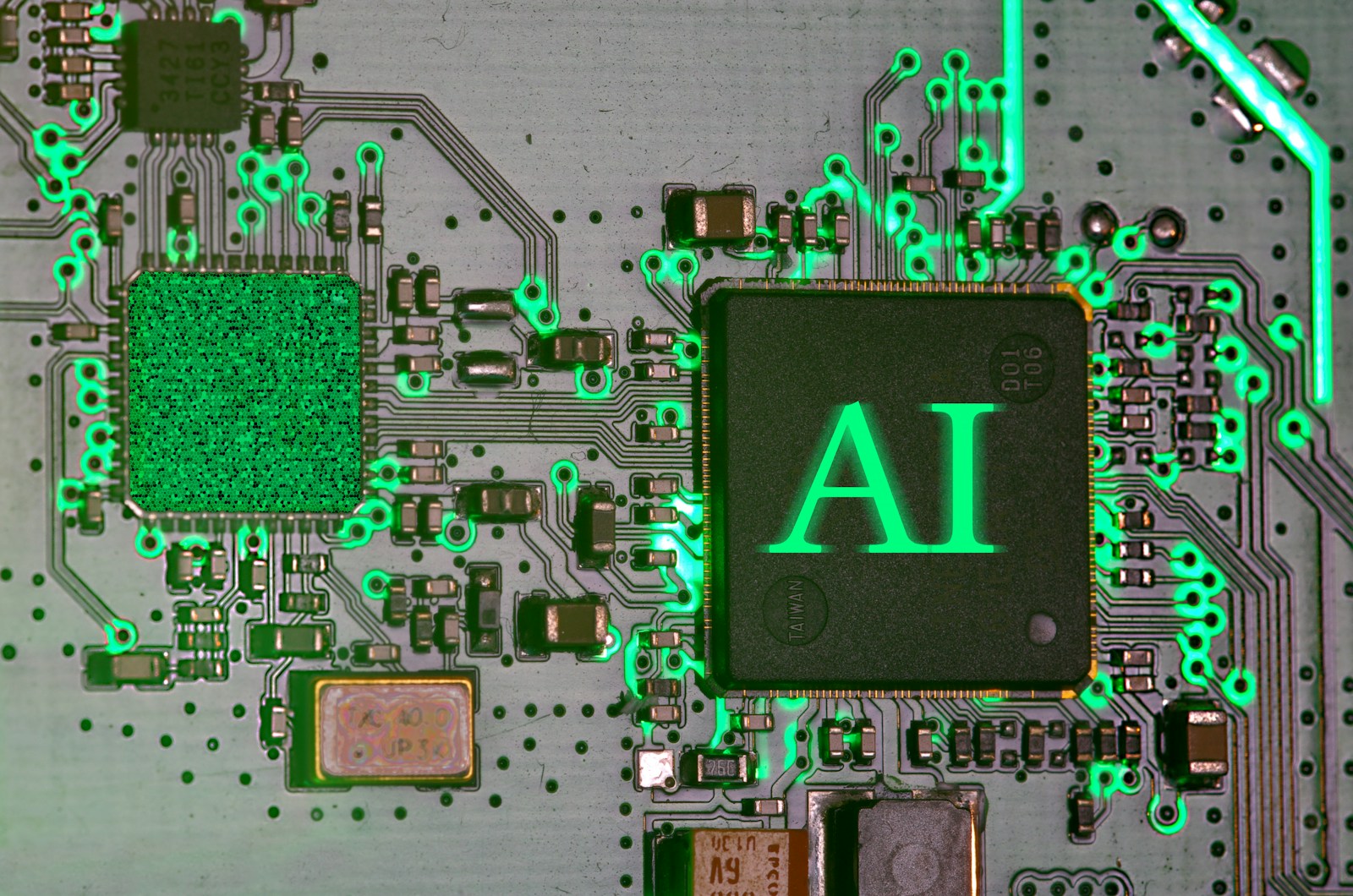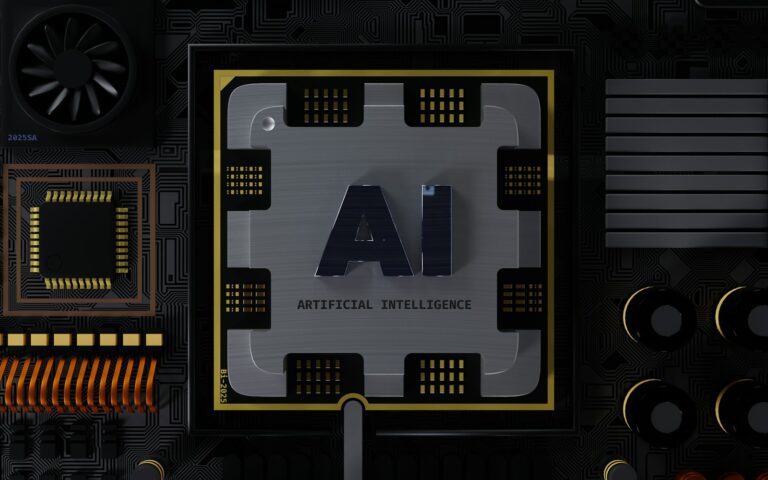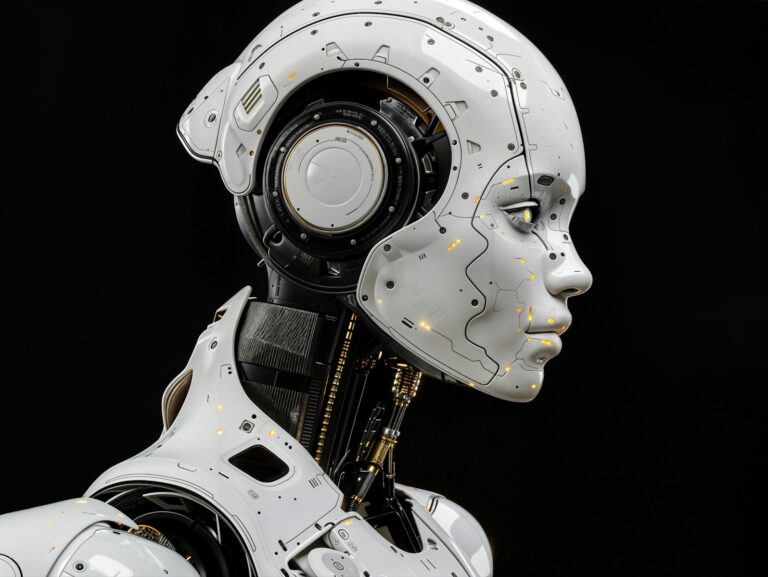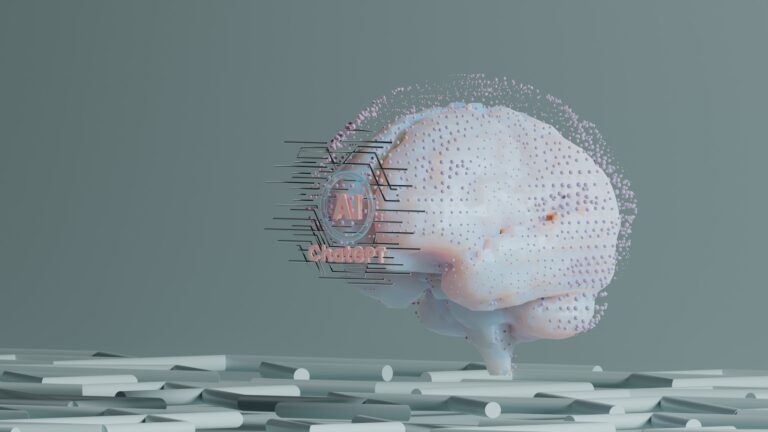
Ethical Challenges of Artificial Intelligence in Modern Society
The Dual-Edged Sword of AI Technology
Artificial Intelligence (AI) is rapidly transforming our lives, enhancing efficiencies across various sectors, from healthcare to finance. However, with great power comes great responsibility. As we integrate AI into our daily routines, ethical dilemmas arise that warrant serious discourse. Questions about accountability, bias, and privacy loom large, challenging us to ensure that our technological advancements align with our moral values.
Accountability: Who’s Responsible?
The question of accountability is paramount in discussions about AI ethics. When an autonomous vehicle makes a mistake, leading to an accident, who assumes responsibility?
Emerging technologies such as self-driving cars and AI-driven diagnostic tools in medicine introduce complex layers of liability. Is it the manufacturer, the software developer, or the user? This ambiguity can lead to a lack of trust in AI systems. As we navigate this terrain, establishing clear legal frameworks and ethical guidelines is vital.
Bias in AI: The Unseen Dangers
Bias is another significant ethical challenge that plagues AI systems. AI algorithms are only as good as the data they are trained on. If historical data reflects societal biases, the AI will likely perpetuate these injustices.
For instance, facial recognition technology has been criticized for its disproportionately high error rates among minority groups. Real-world examples, such as the misidentification of individuals in law enforcement, highlight the urgent need for diverse and representative data sets. It’s imperative that developers prioritize inclusivity to mitigate these biases and create fairer AI systems.
Privacy Concerns: The Price of Convenience
As AI systems gather and analyze vast amounts of personal data, concerns about privacy escalate. The convenience of AI-driven services often comes at the cost of personal privacy. Consider smart home devices that monitor our habits to optimize our daily routines—while they enhance comfort, they also raise questions about data security.
Regulatory frameworks, such as GDPR in Europe, aim to protect users, yet not all regions have similar protections. Striking a balance between innovation and privacy is essential, ensuring that users have control over their data while still reaping the benefits of AI advancements.
AI in Decision-Making: Ethical Implications
AI is increasingly being used in decision-making processes, from hiring practices to judicial sentencing. While AI can analyze data more efficiently than humans, its application in critical areas raises ethical concerns.
For example, using AI to screen job applicants may unintentionally exclude qualified candidates due to biased algorithms. Similarly, AI-driven predictive policing can perpetuate existing societal inequalities, with far-reaching consequences. The ethical implications necessitate a cautious approach, emphasizing transparency and human oversight in AI applications.
Conclusion
As artificial intelligence continues to evolve and permeate modern society, the ethical challenges it presents cannot be overlooked. From accountability and bias to privacy and decision-making, these issues require our attention and action. By fostering open discussions and implementing strong ethical guidelines, we can harness the power of AI responsibly, ensuring it serves humanity rather than compromising our values. As we stand on the brink of an AI-driven future, navigating these challenges with care will shape the ethical landscape of our technology for generations to come.



